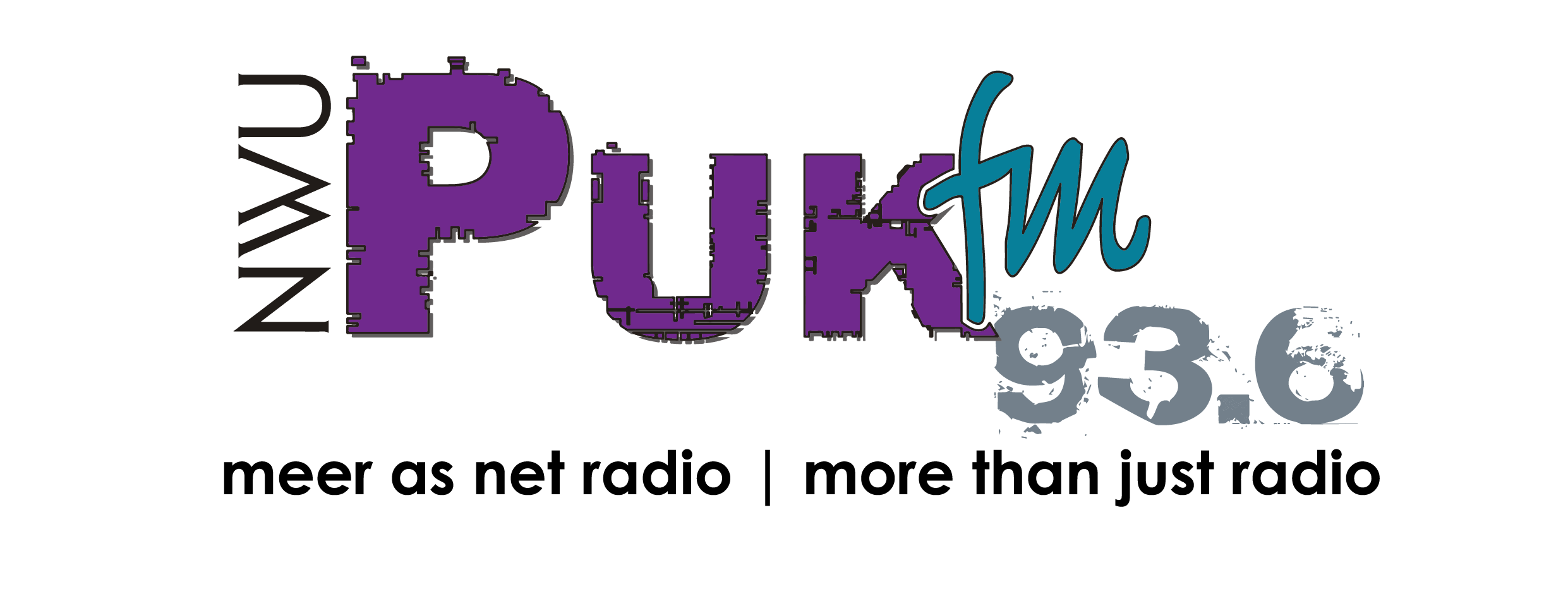-
 play_arrow
play_arrow
PUKfm
-
 play_arrow
play_arrow
London Calling Podcast Yana Bolder
-
 play_arrow
play_arrow
Summer Festival Podcast Robot Heart
-
 play_arrow
play_arrow
Electronic Trends Podcast Aaron Mills
-
 play_arrow
play_arrow
New Year Eve Podcast Robot Heart
-
 play_arrow
play_arrow
Techno Podcast Robot Heart
-
 play_arrow
play_arrow
Flower Power Festival Podcast Robot Heart
-
 play_arrow
play_arrow
Tech House Podcast Robot Heart
-
 play_arrow
play_arrow
Winter Festival Podcast Robot Heart
Lesiba Dikhoba
@lesiba.dikhoba
In recent years, the rising expense of higher education in South Africa has become a critical concern — sparking widespread discussions and protests across the country. For countless students, the aspirations of obtaining a degree are overshadowed by the tough reality of financial constraints.
The financial constraints of higher education extend beyond tuition fees, these demands include accommodation, textbooks, and daily expenses which adds to the burden. To cope, students secure student loans, bursaries, or part-time jobs, each of which presents its own difficulties.
Self-paying students bear the full burden of these rising costs. Unlike students who receive aid from the National Student Financial Aid Scheme (NSFAS) or other bursary programs, these students have to cover all the expenses entirely out of their own pockets, which can lead to significant stress and impact their academic performance.
Tiisetso Nteleki, a third-year BA Communication student at the North-West University, opened up about the difficulties of being a self-paying student.
“As a student who is privately funded, paying for tuition and other necessities like accommodation and groceries takes a financial toll on my family. They have to ensure that my education is covered while also maintaining the household. Just because NSFAS recognises us as being able to ‘afford’ tuition fees does not mean that it isn’t a challenge for the average privately funded student to manage these expenses,” they mentioned.
While student loans offer short-term financial assistance, graduates frequently find themselves burdened with debt when they enter the workforce which can take several years to repay.
Omphile Modisane, a beneficiary of a student loan, stressed the impact of repaying the study loan. “I’m in my final year, I already know that repayments of my student loan will consume a huge part of my salary. It’s discouraging to know that after securing a decent job, financial stability will still be out of reach.”
To tackle the financial constraints of higher education, several proposals have been voiced by students. Shaylah Mallya, a first-year Bachelor of Science in Pharmacy student emphasised that promoting and expanding bursary programs can provide financial assistance to disadvantaged families.
“Education should be a right available to everyone, not just those with financial means. There should be more bursaries available for students so that we can create a fairer and accessible higher education system for all,” she emphasised.
Moreover, she believes that they should ensure that repayments of student loans are managed so that students after graduation can pay off their loans whilst building a stable financial future and not being overwhelmed by debt.
Edited by Danica Nortjé
Written by: Wapad
Similar posts
Recent Comments
Chart
-
-
-
 play_arrow
play_arrow
I Had Some Help (feat. Morgan Wallen) Post Malone
-
-
-
 play_arrow
play_arrow
Not Like Us Kendrick Lamar
-
-
Top popular

VARSITY CUP TICKET RESELLERS AND BUYERS – MAY BE DENIED ACCESS

UNANSWERED AND UNSPOKEN: NWU’S SILENCE ON SUSPENSION OF SCC STUDENT LEADER

NWU EXPELS STUDENT LEADER AFTER INTERNAL FINDING OF SEXUAL MISCONDUCT

MARCHING FOR JUSTICE AND POLICE ACCOUNTABILITY: THE TRUTH BEHIND THE TMM LOFTS PROTEST

DEGENAAR PRAAT OOR DIE NA-SKOK VAN ‘N TRAGEDIE






Post comments (0)